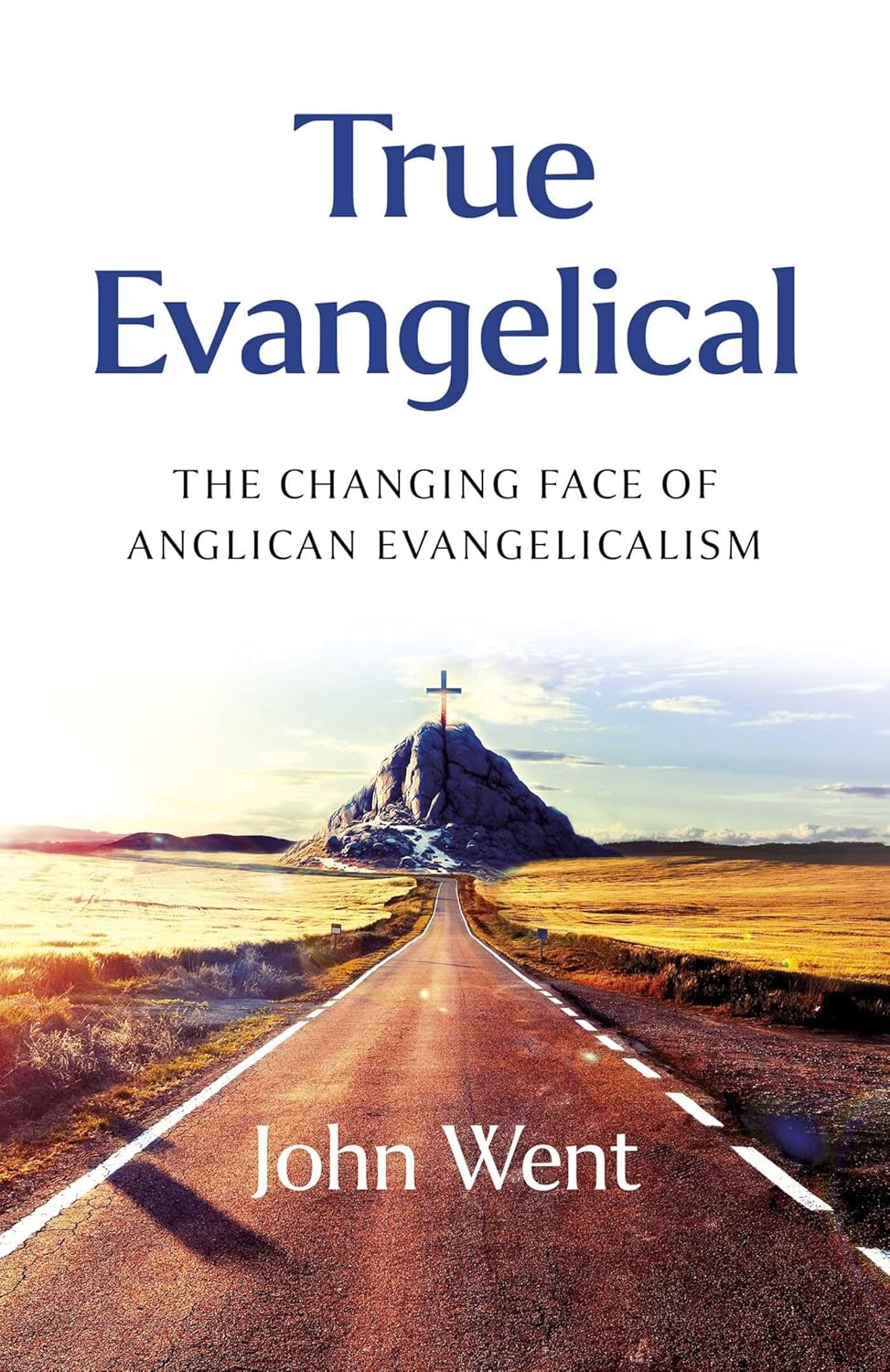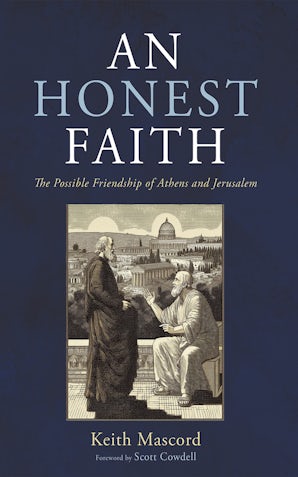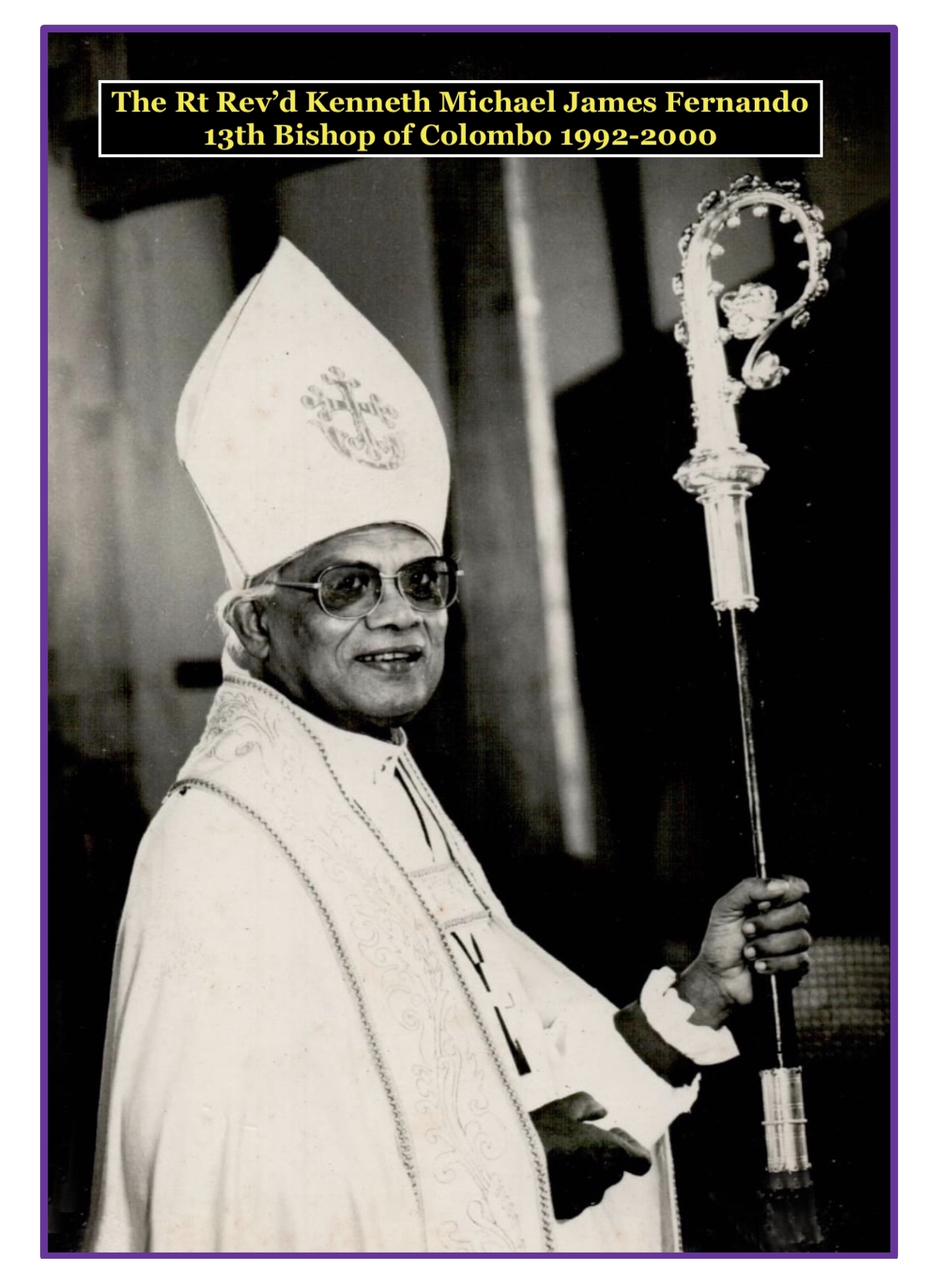Book review: True Evangelical: the changing face of Anglican Evangelicalism by John Went
Reviewer Fr. Keith Mascord writes of John Went's 'True Evangelical': The title of Bishop John Went’s book is, I suspect, deliberately provocative. Is Went saying that he himself is a ‘true evangelical’ in contrast to others? He is certainly comfortable, even proud, to identify as an evangelical, in large part because he believes that evangelicalism has the necessary resources to accommodate a rapidly changing world... I wondered if the title might have become even more provocative, given changes now up-ending Anglicanism in all of its forms? The Gafcon initiated schism had not yet happened when True Evangelical was published ... CLICK ON PICTURE TO CONTINUE









